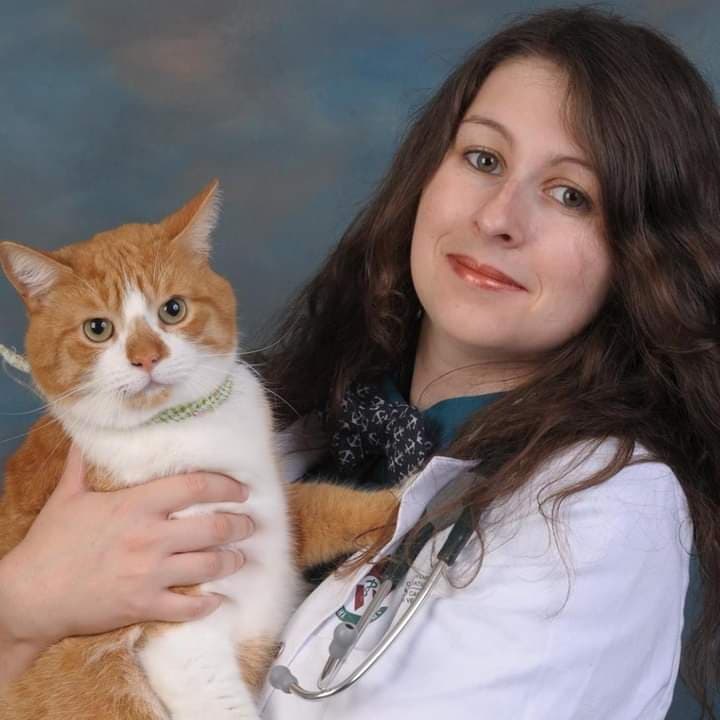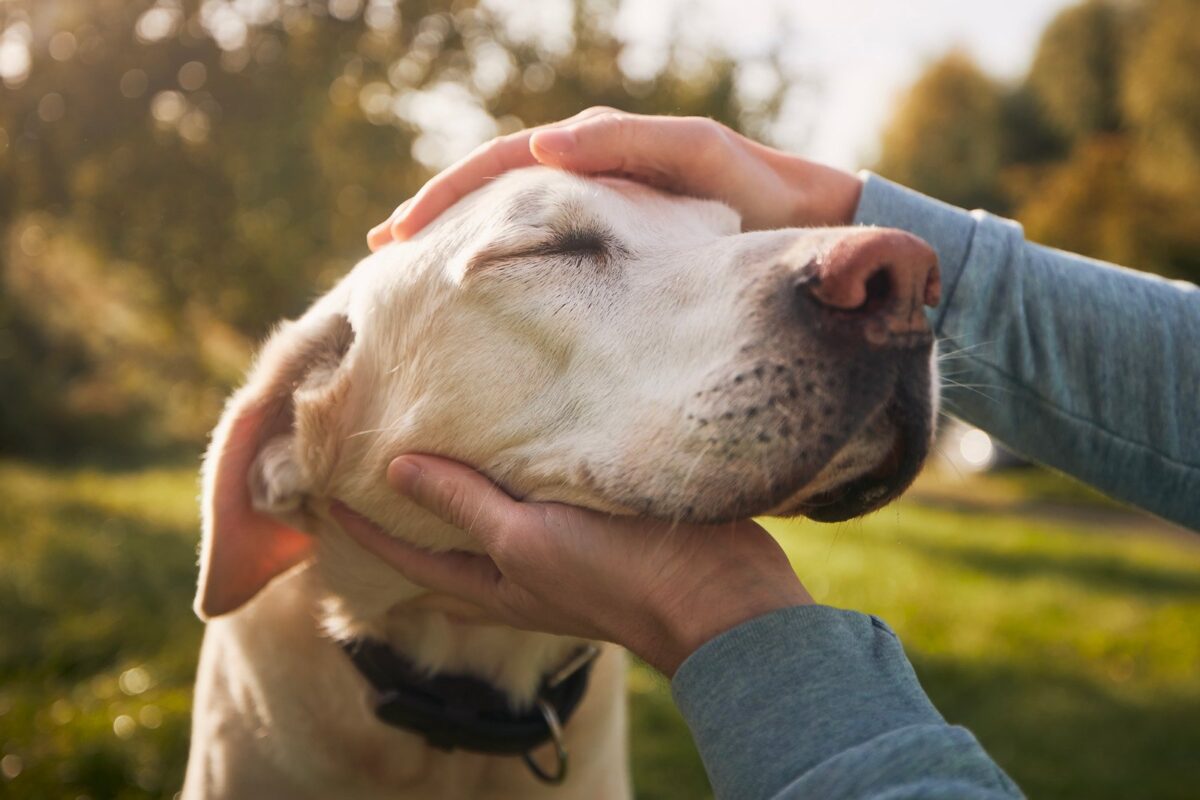It is not uncommon for people to tell me during consultations: “My pet sleeps more,” “He doesn’t play like he used to,” “He’s slowing down,” “He’s old.” However, old age is not a disease. Several health problems or lifestyle habits can also cause discomfort and give the impression that your pet is ageing. Here are five of them.
01
Osteoarthritis
Osteoarthritis is a progressive, painful inflammatory process affecting the joints. The vast majority of geriatric cats and dogs suffer from it, but very few are diagnosed and treated for this condition. Osteoarthritis develops slowly over several years, and animals, especially cats, are very good at hiding their symptoms. In addition, it should be noted that animals that have had joint trauma (e.g., a torn cranial cruciate ligament) or hereditary malformations (such as hip or elbow dysplasia) can develop osteoarthritis at a young age. If you feel that your pet has slowed down in recent months, this health condition may be the cause.
02
Dental problems
Periodontal disease is a chronic inflammatory disease that gradually attacks the structures that support the teeth (bone, gums, periodontal ligament). It usually begins with the accumulation of dental tartar and progresses to gingivitis, dental abscesses, and/or resorptive lesions. Bacteria in the mouth can also cause complications affecting the heart and kidneys.
Most affected animals do not openly complain to their owners. They continue to eat and go about their activities. However, this health condition is very painful. After we provide dental care to these patients, it is very common for owners to tell us that their pet has become more playful and seems younger.
Daily tooth brushing, appropriate food, and regular dental checkups are key to preventing and detecting dental problems.
03
Chronic metabolic disease
Several metabolic diseases can be observed in our furry friends, such as chronic kidney disease, diabetes, thyroid disorders (hyperthyroidism, hypothyroidism), Cushing’s disease, etc. Some of these diseases cause symptoms that are not always easy to detect in the early months. However, they can cause discomfort and make your pet appear to have aged.
These diseases can affect appetite (decrease or increase) and reduce muscle mass, thereby affecting the animal’s mobility. Others can cause digestive problems (reflux, vomiting, diarrhea) or alter metabolism. Early detection allows unwanted symptoms to be identified and relieved. In addition, annual blood tests and urinalysis in older patients are useful in diagnosis.
04
Obesity
The life expectancy of an obese dog is on average two years shorter than that of a dog of healthy weight. Obesity predisposes dogs to motor (osteoarthritis), cardiac, urinary, and digestive (constipation) disorders. In addition, animals with a very high body mass index often have difficulty grooming themselves, which can lead to skin problems. Helping your furry friend lose those extra pounds will therefore help reduce their daily discomfort.
05
Lack of stimulation
After several years of living together, routine has set in, and although animals love rituals, the brain thrives on love and challenges. Understimulation leads to depression. Playing with your pet for a few minutes every day, opening a window to air out the house, and rotating toys every two to three weeks are simple actions that will feed your furry friend’s vital need for exploration.





